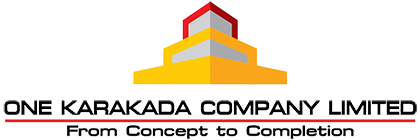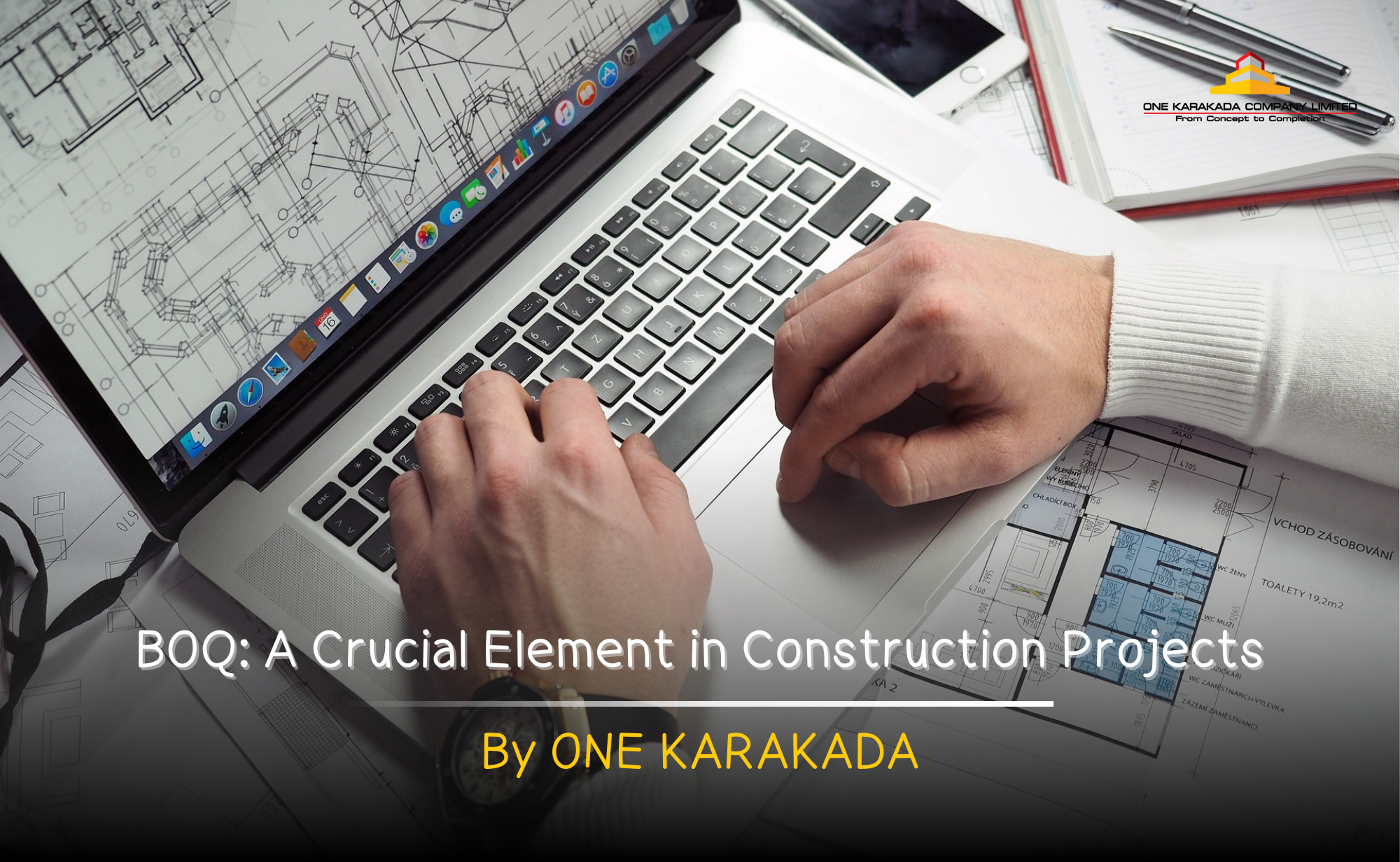In the realm of construction, the term “BOQ” stands for “Bill of Quantities.” It’s a comprehensive document that outlines the details of a construction project, encompassing the scope of work, the quantity of materials required, and the associated costs. BOQ serves as a roadmap for all parties involved, ensuring transparency, accountability, and efficient project execution.
Significance of BOQ:
Accurate Cost Estimation: BOQ plays a pivotal role in accurately estimating the project’s cost. By providing a detailed breakdown of materials and their respective prices, it empowers project owners to make informed financial decisions and effectively manage their budget.
Budget Control and Monitoring: BOQ serves as a valuable tool for budget control and monitoring. It enables project managers to track the actual quantity of work performed and materials consumed against the planned figures, identifying potential discrepancies and proactively addressing any cost overruns.
Tendering and Bidding Process: BOQ forms the basis for tendering and bidding processes. Contractors can utilize BOQ to prepare accurate bids, and project owners can easily compare proposals from multiple contractors, ensuring they receive the best value for their investment.
Work Planning and Scheduling: BOQ facilitates effective work planning and scheduling. By clearly defining the scope of work and the required materials, project managers can create detailed work schedules, assign tasks efficiently, and optimize resource utilization.
Progress Monitoring and Quality Control: BOQ aids in progress monitoring and quality control. By comparing the actual work completed against the BOQ, project managers can assess project progress and ensure that materials adhere to the specified quality standards.
Risk Mitigation: A well-prepared BOQ helps mitigate project risks. By clearly defining the scope of work, materials, and costs, it reduces the likelihood of misunderstandings, disputes, and unforeseen expenses.
Components of BOQ:
Description of Work: This section provides a detailed description of the construction activities to be undertaken, including excavation, backfilling, concrete works, steelwork, electrical installations, plumbing works, and other relevant tasks.
Quantities: This section specifies the exact quantity of materials or resources required for each work item. For instance, it might indicate the volume of concrete in cubic meters, the weight of steel in kilograms, or the number of bricks needed.
Units: This section defines the units of measurement used to quantify the materials or resources. Common units include cubic meters (m³), square meters (m²), kilograms (kg), and pieces.
Rate per Unit: This section outlines the cost per unit of each material or resource. It reflects the prevailing market prices and ensures accurate cost calculations.
Total Amount: This section calculates the total cost for each work item by multiplying the quantity by the rate per unit. It provides a clear picture of the overall project expenses.
Remarks: This section includes any additional notes or specifications relevant to the work items. It may address technical requirements, material quality standards, or work limitations.
Example of BOQ for a Building Construction Project:
| Item | Description of Work | Quantity | Units | Rate per Unit | Total Amount | Remarks |
| 1 | Excavation Works | 100 | m³ | 200 | 20,000 | |
| 2 | Backfilling Works | 150 | m³ | 150 | 22,500 | |
| 3 | Concrete Works | 50 | m³ | 2,500 | 125,000 | |
| 4 | Steelworks | 1,000 | kg | 60 | 60,000 | |
| 5 | Brickworks | 5,000 | pieces | 10 | 50,000 |
Benefits of Implementing BOQ:
Clarity and Transparency: BOQ promotes clarity and transparency among all project stakeholders, ensuring a shared understanding of the scope of work, material requirements, and associated costs.
Dispute Prevention: By providing clear documentation, BOQ minimizes the potential for disputes between contractors and project owners, fostering a collaborative and harmonious working environment.
Resource Management: BOQ facilitates efficient resource management, optimizing material procurement, minimizing waste, and ensuring the timely availability of resources throughout the project lifecycle.
In conclusion, BOQ serves as an indispensable tool in construction project management. Its comprehensive nature contributes to accurate cost estimation, effective budget control, streamlined tendering processes, enhanced work planning, robust progress monitoring, and risk mitigation. By embracing BOQ, project owners, contractors, and all stakeholders can navigate the complexities of construction projects with greater confidence, efficiency, and success.
…
ONE KARAKADA Co., Ltd. stands out as a premier design and build construction company in Thailand, with a specialized focus on developing GMP-standard factories. Their expertise is not limited to this niche, as they also excel in constructing general factories and warehouses.
The company’s commitment to international quality standards is evident in their use of prefabricated structures that promise durability and efficiency. With a dedicated team of engineering and architectural experts, ONE KARAKADA Co., Ltd. ensures meticulous oversight of every construction phase, guaranteeing that each project not only meets but exceeds the highest industry standards. This approach has cemented their reputation as a leader in the Thai construction sector, delivering projects that are both innovative and reliable.

